- Write by:
-
Friday, September 22, 2023 - 18:37:11
-
164 Visit
-
Print
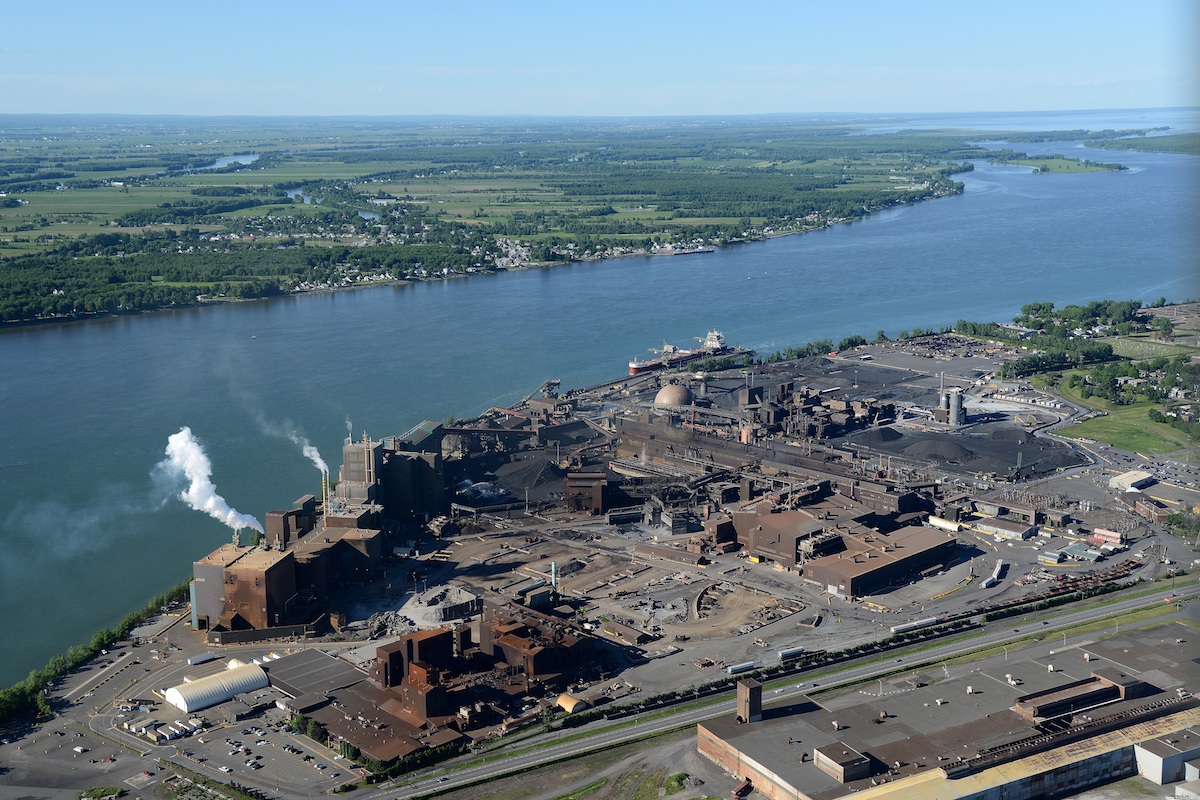
Mining News Pro - Rio Tinto (ASX: RIO) chief executive Jakob Stausholm says the giant British-Australian miner plans to make more investments in Canada, but he is ruling out any chance of taking a run at Canada’s Teck Resources.
Vancouver-based Teck is currently in the process of entertaining bids for its metallurgical coal business and has suggested that if it separates into a metals-only business that too could eventually be sold to a large multinational miner.
But Rio isn’t interested in either part of Teck’s business.
Mr. Stausholm praised Teck as a “mining champion in Canada” that has attracted the interest of other multinational miners but said that Rio is not looking to make a major acquisition at the moment.
“Teck is a great company but we’ve not been in dialogue,” he said in an interview from New York.
Rio is Canada’s largest mining company, employing roughly 13,300 people. The bulk of its operations date to its C$38.1-billion acquisition of Canadian aluminum producer Alcan Ltd. in 2007.
Last year, Rio bought another Canadian miner, Turquoise Hill Resources Ltd., after settling a protracted and acrimonious flare-up with its minority shareholders. That transaction saw it increase its exposure to copper, a metal that is benefiting from increased demand owing to its usage in electric-car batteries.
Like all of the major miners, Rio is increasingly concentrating on minerals that are part of the energy transition, as it tries to find ways to reduce its own emissions.
This week Mr. Stausholm has been attending Climate Week NYC, an event run by the United Nations General Assembly and the City of New York. There he participated in roundtable discussions with government representatives and other CEOs about efforts to reduce carbon emissions.
Over the past few years, the company has made significant investments in projects designed to reduce its carbon footprint in Canada and Mr. Stausholm talked up Canada’s credentials as a good place to do business, owing in part to the abundance of renewable energy sources as well as its favourable geology.
“We as a company are very keen on investing more in Canada,” he said.
In June, Rio announced it would spend C$1.4-billion to modernize its aluminum manufacturing operations in Saguenay, Que., and roll out a lower-carbon technology. The Quebec government committed up to $113-million in financial support for the project.
Late last year, Rio said it would invest up to C$515-million to decarbonize a metals processing plant at Sorel-Tracy, Que., that produces steel, scandium and titanium dioxide. The federal government provided a grant of up to C$222-million.
Built in the 1950s, the Sorel-Tracy plant is a major source of Rio Tinto’s existing carbon emissions in Canada, largely because its blast furnaces burn vast quantities of highly polluting metallurgical coal. There Rio is testing a new processing method called “blue smelting,” which could eventually replace coking coal with biochar and hydrogen gas.
Mr. Stausholm joined Rio Tinto in 2018 as chief financial officer but was hastily promoted to CEO in 2021 after the company found itself embroiled in one of the biggest controversies in its 150-year history.
In May, 2020, Rio knowingly blew up 46,000-year-old Indigenous caves in Western Australia to make way for an expansion of its Brockman iron ore mine. The incident caused a public outrage in Australia and led to the exit of its then-CEO Jean-Sébastien Jacques. In the aftermath, Rio apologized and admitted it made a huge mistake.
“It was a horrible event,” Mr. Stausholm said.
Under his leadership, Rio has been concentrating on rebuilding trust among Indigenous communities. The company has learned and grown, he said, and become much more engaged with communities.
Rio still makes most of its money from iron ore mining.
Mathew Hodge, analyst with Morningstar, says among the biggest determinants of Rio’s future success will be Chinese demand for the commodity, which is largely driven by its infrastructure spending and the property development market.
“Property development looks shaky,” he said. “There’s been an accumulation of debt in the sector, and that’s flown into demand for commodities.”
Short Link:
https://www.miningnews.ir/En/News/627417
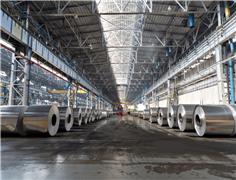
The London Metal Exchange is imposing new rules surrounding the movement of metal in its warehousing network, taking aim ...
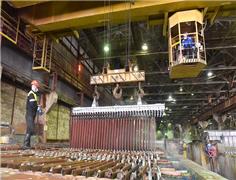
The London Metal Exchange (LME) on Saturday banned from its system Russian metal produced on or after April 13 to comply ...
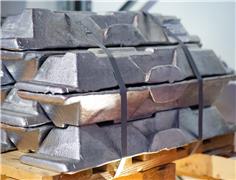
Vietnam’s top miner Vinacomin plans to invest 182 trillion dong ($7.3 billion) to ramp up its alumina-aluminum ...
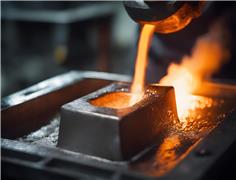
Copper jumped to its highest intraday price since January 2023 as the bellwether industrial metal faces rising tighter ...
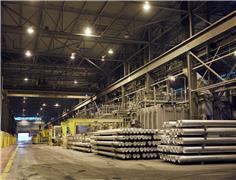
The US Energy Department on Monday announced $6 billion in federal funding to subsidize 33 industrial projects in 20 ...
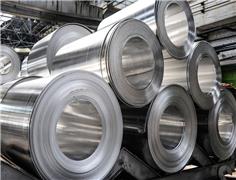
Aluminum prices touched an 11-week high on Monday over concerns over slow recovery in production in China’s Yunnan ...
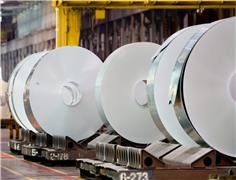
Alcoa will buy Alumina in an all-stock deal that values the Australian firm at $2.2 billion, and makes the US company ...
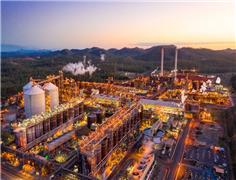
Rio Tinto said on Thursday it had been notified of an incident at its Queensland gas pipeline, which Australian media ...
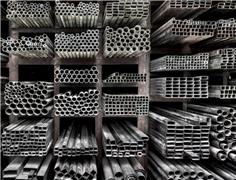
The US Department of Commerce announced on Tuesday preliminary countervailing duties on aluminum extrusions from China, ...
No comments have been posted yet ...